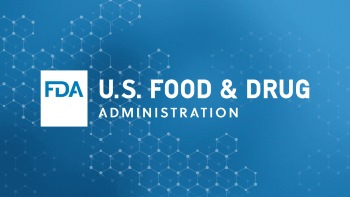The FDA has outlined actions it will take to help ensure infants continue to have access to safe, nutritious formula and to increase the resiliency of the U.S. infant formula market and supply.
“Safety and supply go hand-in-hand. We witnessed last year how a safety concern at one facility could be the catalyst for a nationwide shortage. That’s why we are looking to both strengthen and diversify the market, while also ensuring that manufacturers are producing infant formula under the safest conditions possible,” said FDA commissioner Robert M. Califf, M.D., in a statement. “Now, with this strategy, we are looking at how to advance long-term stability in this market and mitigate future shortages, while ensuring formula is safe.”
Key elements of the immediate strategy include:
• Ensuring the industry is aware of requirements to develop and implement redundancy risk management plans.
• Enhancing inspections of infant formula manufacturers and improving infant formula training for investigators.
• Expediting review of premarket submissions for new infant formula products.
• Monitoring the infant formula supply.
• Engaging with U.S. government partners who play a role in mitigating factors that may influence the infant formula supply.
• Collaborating with the USDA to support efforts to build resiliency within its Special Supplemental Nutrition Program for Women, Infants, and Children.
• Helping prevent cronobacter sakazakii illnesses associated with the consumption of powdered infant formula.
• Improving consumer education materials relating to infant formula on FDA's website.
“The events that led up to and ultimately resulted in the voluntary recall of certain infant formula products in February 2022 shocked the infant formula supply in the U.S., creating an unparalleled challenge for parents and caregivers,” said Susan Mayne, Ph.D., director of the FDA’s Center for Food Safety and Applied Nutrition, in a statement. “Since then, the agency has had ongoing and extensive engagement with the infant formula industry to identify and implement opportunities to strengthen preventive control practices. The immediate strategy released today will play an important role in increasing the resiliency of the infant formula market as the agency continues its critical work to improve industry’s processes and programs for the protection of those who rely on infant formula while incentivizing additional infant formula manufacturers to enter the market.”
Related: FDA Issues Draft Guidance on Dietary Statements, Proposed Rule on Standards of Identity; DoorDash, Instacart Expand Nutritious Food Access

